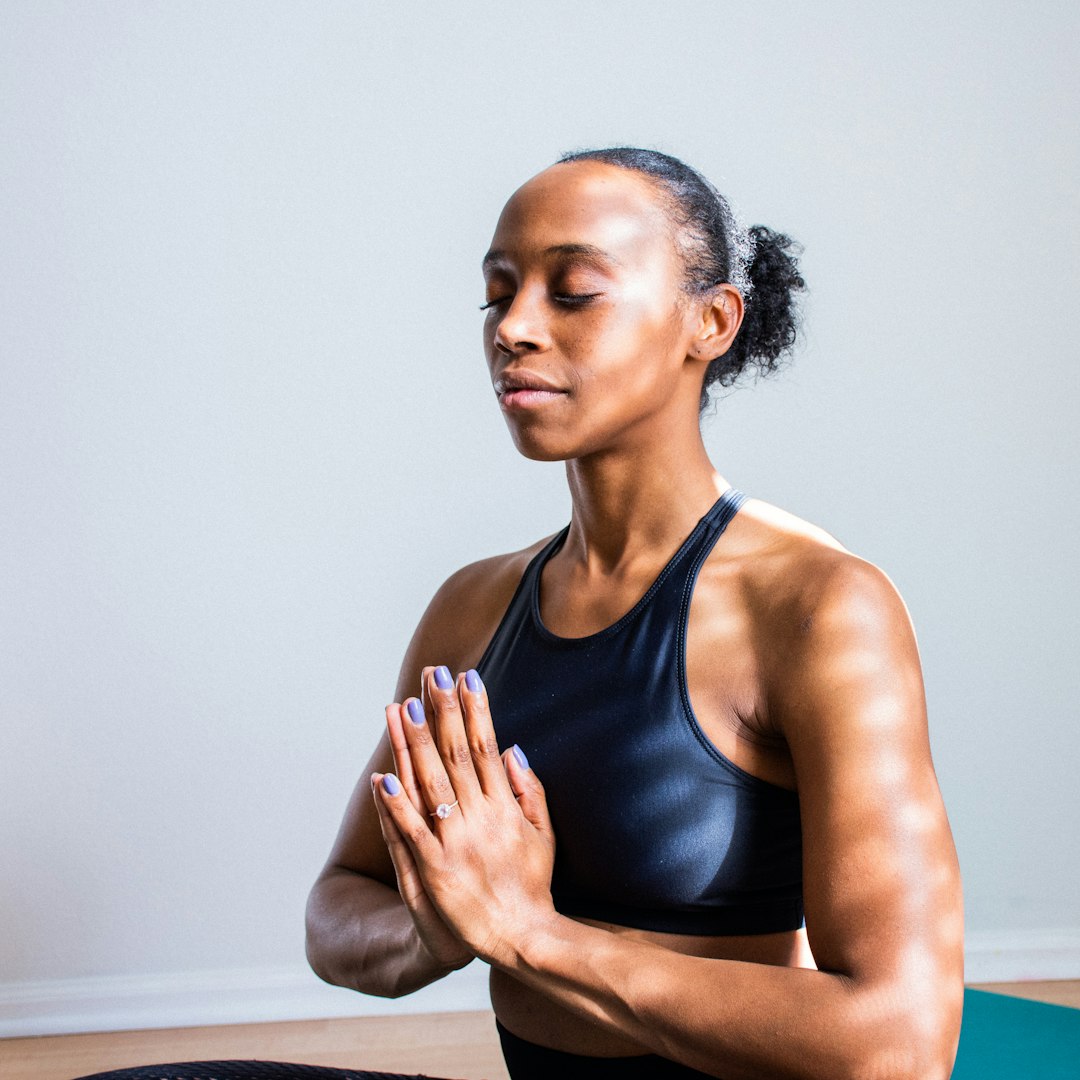Self-Care Practices to Enhance the Benefits of Psychotherapy
Introduction
Psychotherapy is a powerful tool for healing and personal growth, but it's not the only one. Self-care practices can enhance the benefits of psychotherapy, helping you to feel better and make progress more quickly. In this post, we'll explore some self-care practices that can improve your mental health and well-being.
1. Mindfulness Meditation
Mindfulness meditation is a technique that involves focusing your attention on the present moment, without judgment. This practice can help you to reduce stress, improve your mood, and increase your overall sense of well-being. Studies have shown that mindfulness meditation can also be an effective treatment for depression and anxiety.

2. Physical Exercise
Physical exercise is another self-care practice that can enhance the benefits of psychotherapy. Exercise has been shown to reduce symptoms of depression and anxiety, improve sleep, and increase self-esteem. It can also help you to manage stress and improve your overall health.

3. Creative Expression
Engaging in creative activities such as writing, painting, or playing music can be a powerful form of self-care. Creative expression can help you to process difficult emotions, reduce stress, and increase your sense of self-worth. It can also be a way to connect with others and build a sense of community.

4. Social Support
Building and maintaining strong social connections is an important aspect of self-care. Social support can help you to manage stress, reduce feelings of loneliness, and improve your overall well-being. Consider joining a support group, volunteering, or reaching out to friends and family for support.

5. Self-Compassion
Self-compassion involves treating yourself with kindness and understanding, rather than harsh criticism. This practice can help you to reduce feelings of shame and self-doubt, and improve your overall well-being. Try to be mindful of your self-talk, and practice treating yourself with the same kindness and compassion that you would offer to a good friend.

6. Gratitude Practice
Cultivating a sense of gratitude can be a powerful form of self-care. Research has shown that practicing gratitude can improve your mood, increase your resilience, and improve your overall well-being. Consider starting a gratitude journal, or taking a few moments each day to reflect on the things you're thankful for.

7. Healthy Eating
Eating a healthy and balanced diet is an important aspect of self-care. A diet rich in fruits, vegetables, whole grains, and lean protein can help to improve your mood, increase your energy levels, and reduce your risk of chronic diseases. Try to be mindful of your eating habits, and aim to nourish your body with healthy foods.

8. Rest and Relaxation
Finally, rest and relaxation are essential components of self-care. Getting enough sleep, taking breaks when you need them, and engaging in activities that help you to unwind can all help to improve your mental health and well-being. Consider trying relaxation techniques such as deep breathing, progressive muscle relaxation, or yoga.

Conclusion
By incorporating these self-care practices into your life, you can enhance the benefits of psychotherapy and improve your overall mental health and well-being. Remember, self-care is not selfish – it's an important aspect of taking care of yourself and living a fulfilling life.
The content on this site is for informational or educational purposes only, and does not substitute professional medical advice or consultations with healthcare professionals.